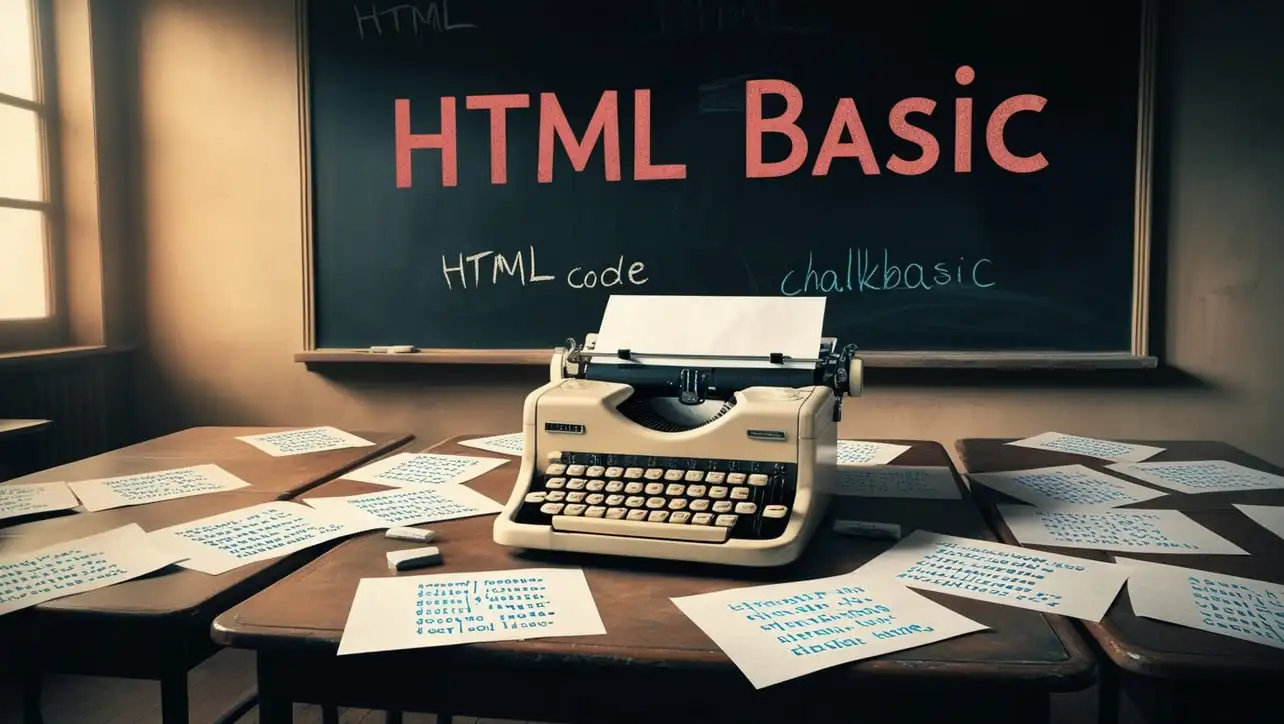
HTML Topics
- HTML Intro
- HTML Basic
- HTML Editors
- HTML CSS
- HTML Tags
- HTML Deprecated Tags
- HTML Events
- HTML Event Attributes
- HTML Global Attributes
- HTML Attributes
- HTML Comments
- HTML Entity
- HTML Head
- HTML Form
- HTML IndexedDB
- HTML Drag & Drop
- HTML Geolocation
- HTML Canvas
- HTML Status Code
- HTML Language Code
- HTML Country Code
- HTML Charset
- MIME Types
HTML applet Tag

Photo Credit to CodeToFun
🙋 Introduction
The <applet> tag, once a prominent element in HTML, was primarily used for embedding Java applets in web pages.
In this guide, we'll delve into the basics of the <applet> tag, its syntax, use cases, considerations, and its deprecated status.
🤔 What is <applet> Tag?
The <applet> tag was historically employed to embed Java applets within HTML documents. However, it's essential to note that as of HTML5, the <applet> tag is obsolete, and its usage is discouraged in favor of more modern technologies like JavaScript.
💡 Syntax
The syntax of the <applet> tag involves specifying attributes like code, width, height, and others to define the applet's properties. Here's a basic example:
<applet code="YourAppletClass.class" width="300" height="200">
<!-- Alternative content in case the applet cannot be displayed -->
Your browser does not support the <code><applet></code> tag.
</applet>🧰 Attributes
- code: Specifies the applet's class file.
- width: Defines the width of the applet.
- height: Sets the height of the applet.
- alt: Provides alternative content for browsers that do not support the
<applet>tag
📚 Common Use Cases
In the past, the <applet> tag was widely used for integrating Java applets into web pages. Java applets allowed for interactive and dynamic content within the browser. However, due to security concerns and the evolution of web technologies, Java applets have become outdated.
🚫 Deprecated Status
The <applet> tag is now considered deprecated, meaning it is no longer recommended for use in modern web development. The primary reasons for deprecation include security vulnerabilities associated with Java applets and the availability of more secure and versatile alternatives.
🧐 Considerations
Given the obsolete status of the <applet> tag, it is strongly recommended to explore alternative technologies for achieving similar functionality. Modern web development relies on JavaScript, HTML5, and CSS for creating dynamic and interactive content.
🖥️ Browser Support
Understanding the compatibility of the <applet> tag across different browsers is essential for delivering a consistent user experience. Here's an overview of its support:
- Google Chrome: Partial support (deprecated).
- Mozilla Firefox: Partial support (deprecated).
- Microsoft Edge: Partial support (deprecated).
- Safari: Partial support (deprecated).
- Opera: Partial support (deprecated).
- Internet Explorer: Partial support (deprecated).
Ensure you test your code in various browsers to guarantee a seamless experience for your audience.
🎉 Conclusion
While the <applet> tag played a significant role in early web development, its deprecated status makes it unsuitable for modern web projects. Developers are encouraged to adopt contemporary technologies, such as JavaScript and HTML5, to create dynamic and engaging web content.
👨💻 Join our Community:
Author

For over eight years, I worked as a full-stack web developer. Now, I have chosen my profession as a full-time blogger at codetofun.com.
Buy me a coffee to make codetofun.com free for everyone.
Buy me a Coffee












If you have any doubts regarding this article (HTML applet Tag), please comment here. I will help you immediately.